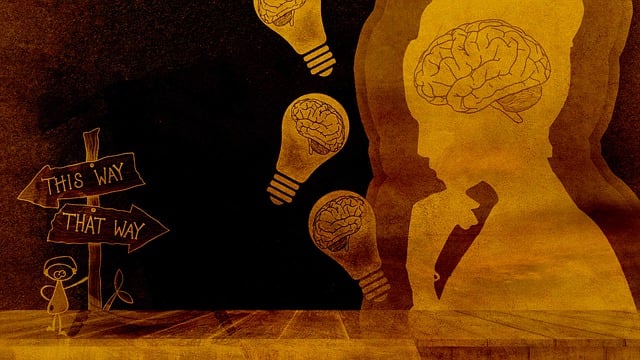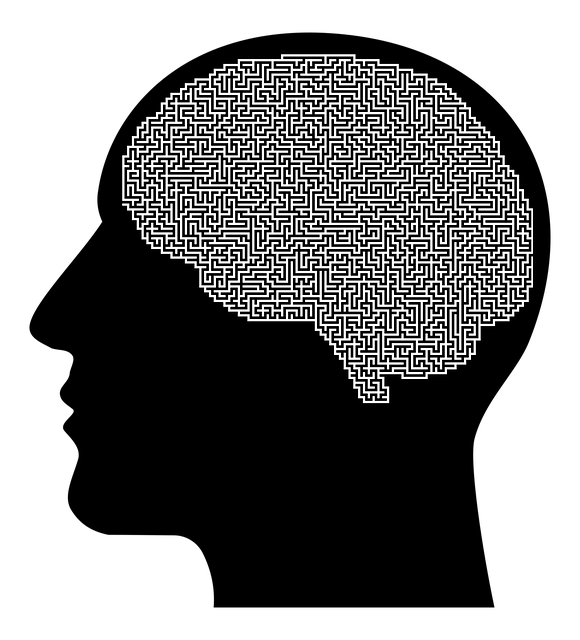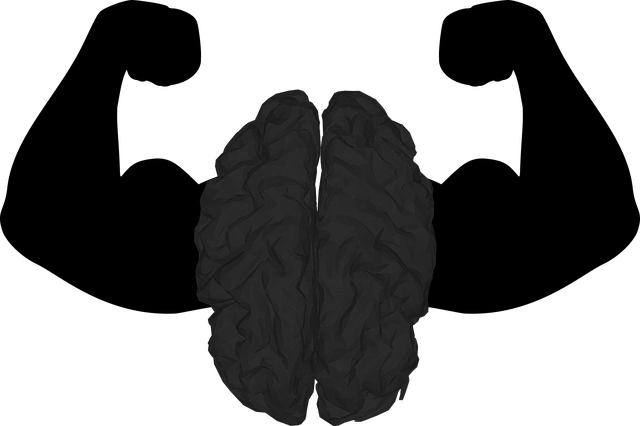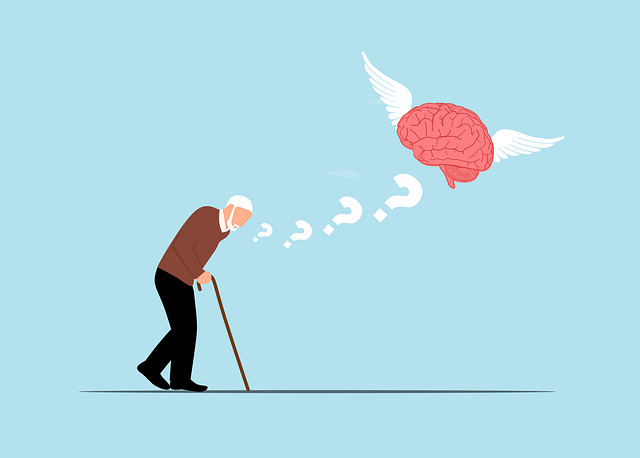In today's healthcare landscape, cultural competency is essential, particularly in addressing trauma survivors' needs, as exemplified by the Aurora Sexual Abuse Survivor Therapy program. Effective therapy requires understanding and respecting diverse patient cultures, leading to tailored care and safe healing spaces. Cultural competency training for healthcare providers bridges communication gaps and ensures equitable access to quality care. Such training, focusing on unconscious bias, microaggressions, and culturally specific techniques, is vital for all professionals to create inclusive environments, improve patient outcomes, and foster empathy, especially in marginalized communities.
“In today’s diverse healthcare landscape, cultural competency among providers is more crucial than ever. This comprehensive guide explores the essential concept of cultural competency in healthcare and its profound impact on patient care, especially for marginalized communities. We delve into the benefits of targeted training programs, offering practical strategies for healthcare organizations to enhance services. From improving patient outcomes to fostering better relationships, this article provides insights into effective cultural competency initiatives, including key considerations for Aurora Sexual Abuse Survivor Therapy.”
- Understanding Cultural Competency in Healthcare: A Necessary Approach
- The Impact of Training on Patient Care and Outcomes
- Practical Strategies for Implementing Effective Cultural Competency Programs
Understanding Cultural Competency in Healthcare: A Necessary Approach

In today’s diverse healthcare landscape, cultural competency is no longer an option but a necessity. It involves understanding and respecting the unique cultural backgrounds, beliefs, and values of patients, especially those who have experienced traumatic events such as sexual abuse. For instance, an Aurora Sexual Abuse Survivor Therapy program must cater to the specific needs of its clients, recognizing that their experiences are deeply shaped by cultural contexts. This approach fosters empathy building strategies that go beyond basic care, creating a safe and supportive environment for healing.
Cultural competency training equips healthcare providers with essential skills in stress management and mental health education programs design. By incorporating these strategies, professionals can better address the complex emotional and psychological needs of diverse patient populations. Such training is vital to bridging communication gaps, reducing misunderstandings, and ensuring equitable access to quality care for all individuals, regardless of their cultural backgrounds.
The Impact of Training on Patient Care and Outcomes

Cultural competency training plays a pivotal role in enhancing patient care and outcomes, especially for marginalized communities like Aurora Sexual Abuse Survivor Therapy clients. By equipping healthcare providers with the skills to understand and respect diverse cultural backgrounds, beliefs, and communication styles, these programs foster a more inclusive and effective therapeutic environment. Trained professionals can better address the unique needs of patients from different ethnic, racial, or religious groups, ensuring that care is tailored to their specific cultural contexts.
This training goes beyond mere knowledge retention; it empowers healthcare workers to deliver holistic care. For instance, Mental Health Education Programs Design can incorporate stress management techniques targeted at reducing cultural barriers to treatment. Public Awareness Campaigns Development focused on mental health can help dispel stigma and encourage individuals from diverse backgrounds to seek support. As a result, improved patient outcomes are achieved through increased satisfaction, better adherence to treatment plans, and enhanced overall well-being, particularly for vulnerable populations.
Practical Strategies for Implementing Effective Cultural Competency Programs

Implementing effective cultural competency programs requires a strategic and holistic approach. One practical strategy involves integrating cultural sensitivity training into the curriculum for all healthcare professionals. This includes educators, therapists, and support staff, ensuring everyone on the team understands the importance of cultural awareness in patient care. Workshops can focus on topics like unconscious bias, microaggressions, and culturally specific communication techniques. For instance, Aurora Sexual Abuse Survivor Therapy could benefit from such training by helping therapists navigate sensitive conversations with survivors from diverse backgrounds, ensuring they feel heard, understood, and respected.
Additionally, incorporating Mindfulness Meditation practices can enhance cultural competency. Mind over Matter principles encourage professionals to be present, attentive, and non-judgmental during interactions with patients from different cultures. This is particularly relevant in mental healthcare where Cultural Sensitivity is crucial. By fostering an environment of calm and understanding through mindfulness exercises, healthcare providers can better address the unique needs of each patient, creating a safe space for open dialogue and recovery.
Cultural competency training is a transformative tool in healthcare, as evidenced by its positive impact on patient care and outcomes. By equipping providers with the knowledge and skills to navigate diverse cultural contexts, we foster better communication, trust, and understanding between patients and caregivers. As highlighted by Aurora Sexual Abuse Survivor Therapy, addressing cultural barriers can lead to more effective treatments and improved healing journeys. Implementing practical strategies such as community engagement, bias awareness, and culturally tailored resources is essential to creating inclusive healthcare environments that honor and respect all patients’ unique backgrounds and needs.














